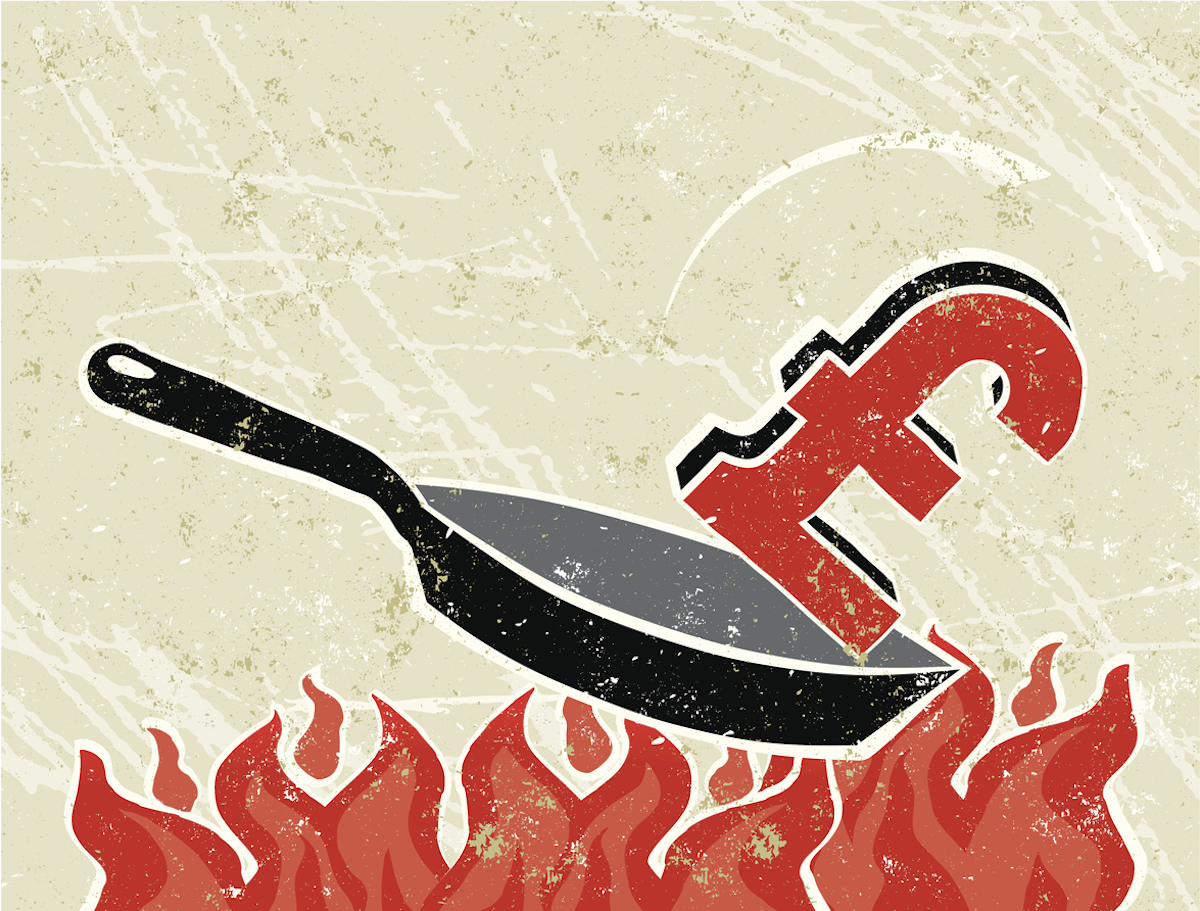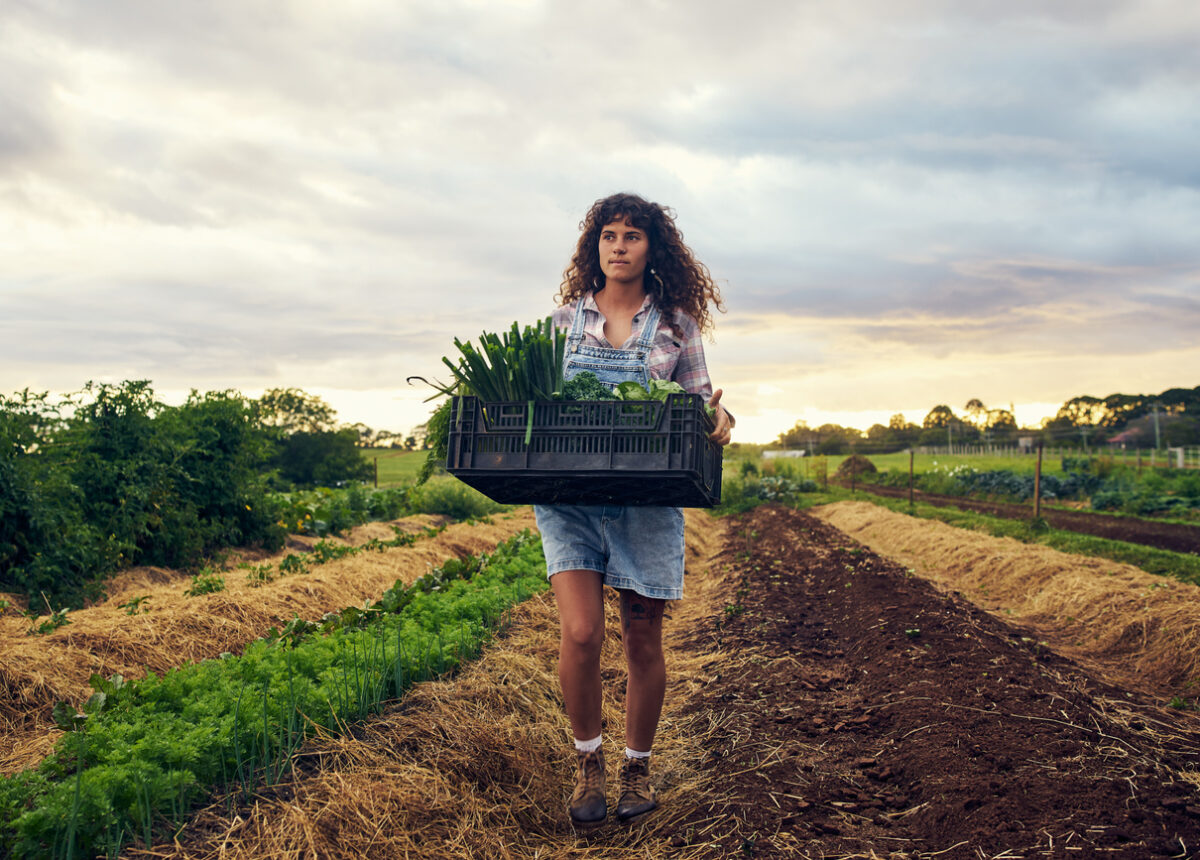A week in news: sugar, salt and fat in the spotlight – the latest food and drink headlines 28 November – 2 December

Another month, another record – and definitely not a good one. This week’s food news includes another unprecedented high for grocery inflation, and a report from LSE which lays at least part of the blame at the feet of Brexit. Elsewhere, a mixed bag of wins and losses when it comes to HFSS targets.
As always, some good food news managed to peek through the clouds. Tesco’s new initiative could have the double benefit of boosting cashflow for farmers and other food producers while also tackling food waste. And over on the continent, the humble baguette is getting some much-needed recognition from UNESCO.
These were the biggest food news headlines of the week.
UK food price inflation hits new high of 12.4%
Data from the British Retail Consortium (BRC) and NielsenIQ released this week revealed grocery inflation reached a new high of 12.4%, as essentials like eggs, dairy and fruit and veg skyrocketed. Fresh foods led the surge, with inflation in this subsection rising to 14.3% from 13.3% in October.
Helen Dickinson, Chief Executive of the BRC, told The Guardian: “Winter looks increasingly bleak as pressures on prices continue unabated. Food prices have continued to soar, especially for meat, eggs and dairy, which have been hit by rocketing energy costs, and rising costs of animal feed and transport.“
Brexit red tape added £5.8 billion to UK food bills in two years, LSE finds
According to researchers at the London School of Economics, one of the reasons why food has become so expensive is Brexit, and the red tape associated with it. The cost of food imported from the EU increased significantly following Britain’s exit from the bloc, adding £210 to the average household’s food bills between 2020 and 2021, researchers claimed.
Low-income families have been the worst hit by the hikes, because they spend a greater share of their income on food. LSE researchers found that Brexit overall led to a cost of living increase for the poorest households of 1.1% – significantly more than the 0.7% rise experienced by the most affluent households in Britain.
Fat, sugar and salt in food and drinks down year on year since HFSS law implementation
Elsewhere, new stats gathered by Kantar show that the first month of the UK Government’s controversial HFSS legislation coincided with less sugar, salt and saturated fat in food and drink products. This suggests that the laws could be having the desired effect among manufacturers, who are investing more money into reformulation for products affected by the new laws.
Compared with the same period last year, Kantar Worldpanel data shows sugar volume was down 8% in the categories targeted by HFSS legislation in October 2022. Similarly, saturated fats and salt were down 6.4% and 5.7% respectively. Find out which categories have seen the most dramatic falls in sugar, salt and fat.
Critics call for new approach to sugar reduction as food industry misses voluntary targets
Despite promising data coming from HFSS legislation implementation, the Government’s mission to tackle sugar in particular is far from over. According to the latest industry progress report, food companies have failed to meet a voluntary sugar reduction target of 20% by 2020 – achieving only a 3.5% reduction on average.
Larger reductions were achieved in specific food categories, but none of these reached the 20% mark. Find out which categories were most successful in reducing sugar, and which have fared worst.
Tesco launches surplus marketplace for suppliers to tackle food waste
Suppliers to Tesco will now be able to cut their waste by selling or donating surplus stock to each other following the launch of the new Tesco Exchange ‘swap-shop’ platform. The online marketplace seeks to match Tesco suppliers with too much stock of a product with others who can make use of it.
It is hoped that intercepting these streams can tackle the pervasive problem of on-farm food loss in the UK, which was highlighted in the supermarket’s recent food waste report in collaboration with WWF. Learn how farmers and food producers will utilise the new platform to drive down waste.
And finally…The humble baguette joins UNESCO’s heritage list
French politicians and food lovers delighted this week following the news one of the country’s most iconic foods, the baguette, had been selected by UNESCO to join its Representative List of the Intangible Cultural Heritage of Humanity. The UN organisation adds new entries to the list every year to recognise and promote practices which are important to the cultural fabric of the world.
UNESCO explains the baguette has impacted French culture in many ways and that the baking of it requires an intricate knowledge which is passed down from baker to apprentice. Explore which other food traditions have been recognised by UNESCO.








